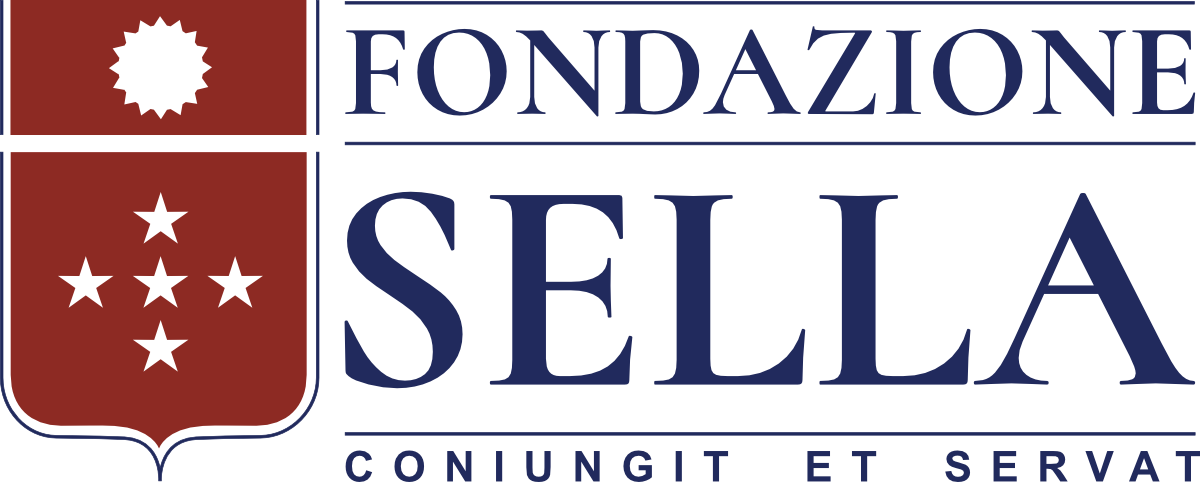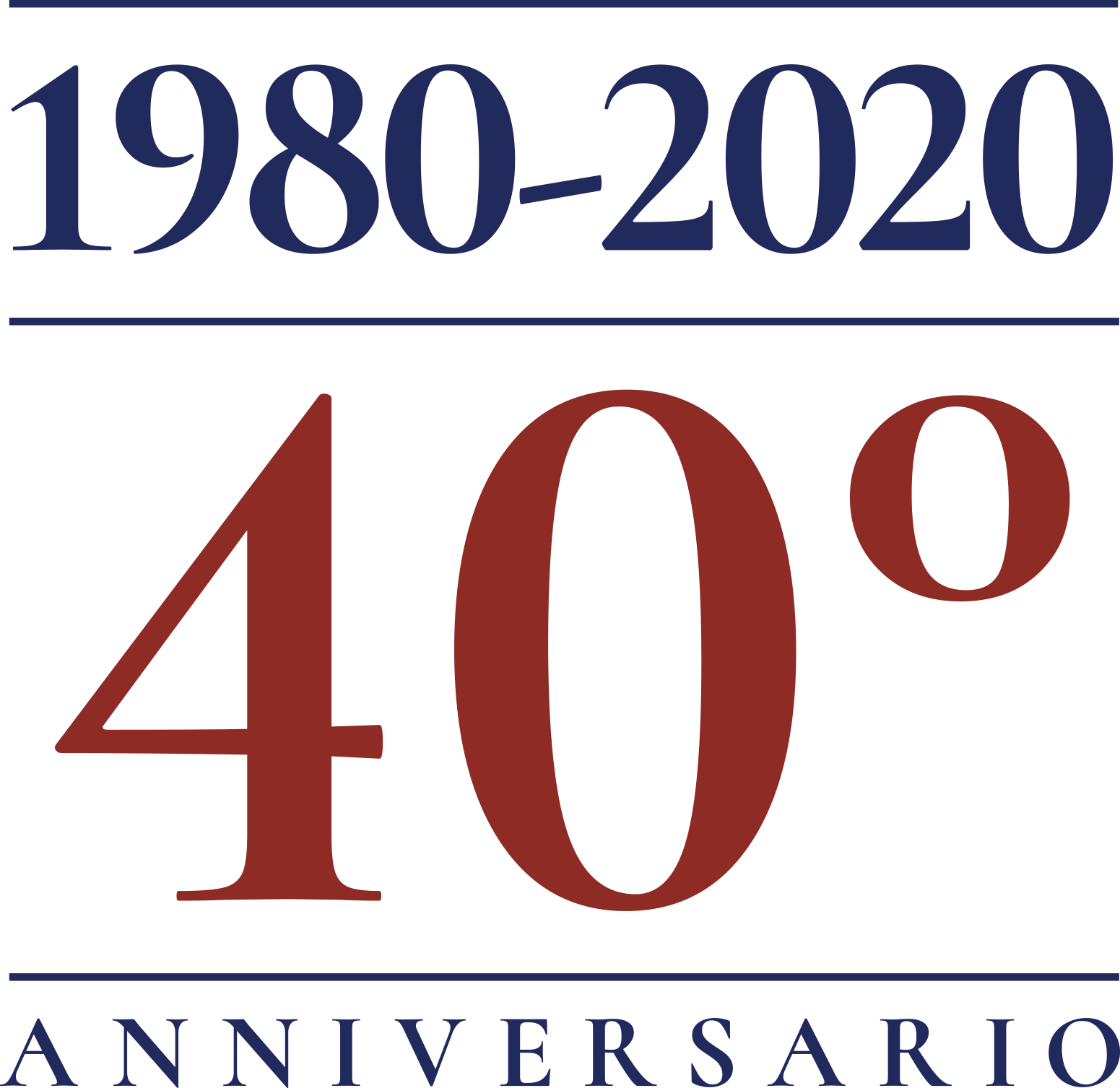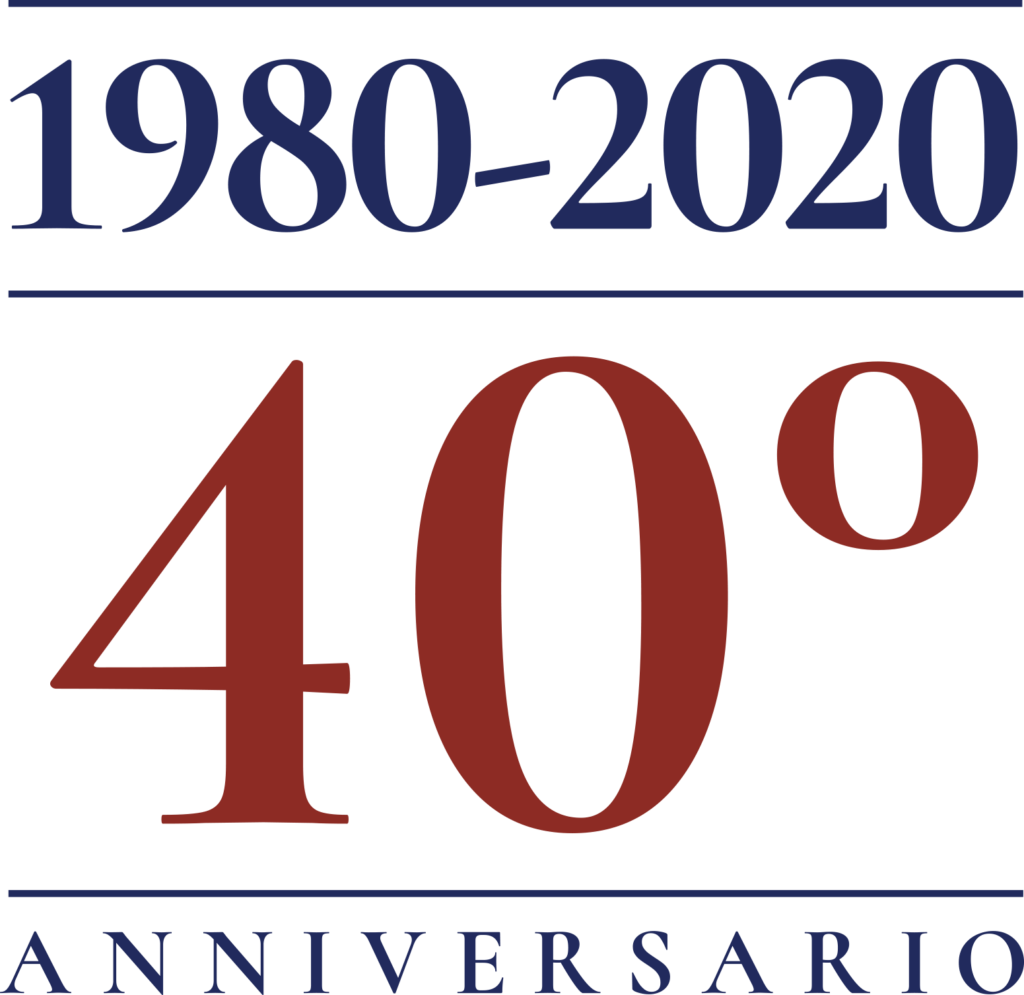Gregorio Sella
The archive preserves the papers of the third branch of the Sella family with particular reference to the “Lanificio Giovanni Giacomo Sella”, later “Giovanni Giacomo” and from 1837 Fratelli Sella” and finally “Fratelli Sella”. The main series into which they are divided are: Ascendant and collateral papers of Gregorio Sella; Beater – Wool mill – Company titles; Papers of the community of the valleys of Mosso; Descendant papers and heirs of Gregorio Sella; Family papers of Bertolazzo and Bella-Fabar; Estate management papers; Patrimony management papers; Papers of Gregorio Sella; Papers of Gregorio Sella – “Legitimate” controversy; Legal-judiciary papers (lawsuits, etc..); Papers of Pietro Sella; Second branch Sella family papers; Third branch Sella family papers. Of particular interest are the papers relative to Pietro Sella and to the organisation of the new factory (former Serramoglia paper mill in Crocemosso) where in 1817 the mule-jennys of the Industrial Revolution were brought from Belgium and installed. The archive preserves administrative documents, accounts, factory inventories, contracts of worker-managers of the wool mill, papers relative to the previous transfers of property of the Serramoglia papermill.
Of particular interest is a series relative to Gregorio Sella (1815-1862). From 1832 he managed the dyeing department of his father’s company of which he became the sole owner. Under his management the firm, among the biggest in the Biellese, experienced a further period of great expansion. Gregorio Sella devoted himself to the study of chemical dyeing, of political economics and agronomy about which he wrote extensively. He was also active on a social and political level, working hard for the Society for the Advancement of the Arts, Trades, and Agriculture of Biella and the province, acting as councillor and then vice- chairman. He was a deputy at the Chamber for the College of Bioglio in 1849 and in 1853, resigned in 1854 but was re-elected in 1860. As a parliamentarian he expressed his ideas against the economic policy of free enterprise.
Documentary archive
Chronological details: 1668 – 1910
Contents: 46 maps, plans and drawings , 150 bundles, 36 registers


